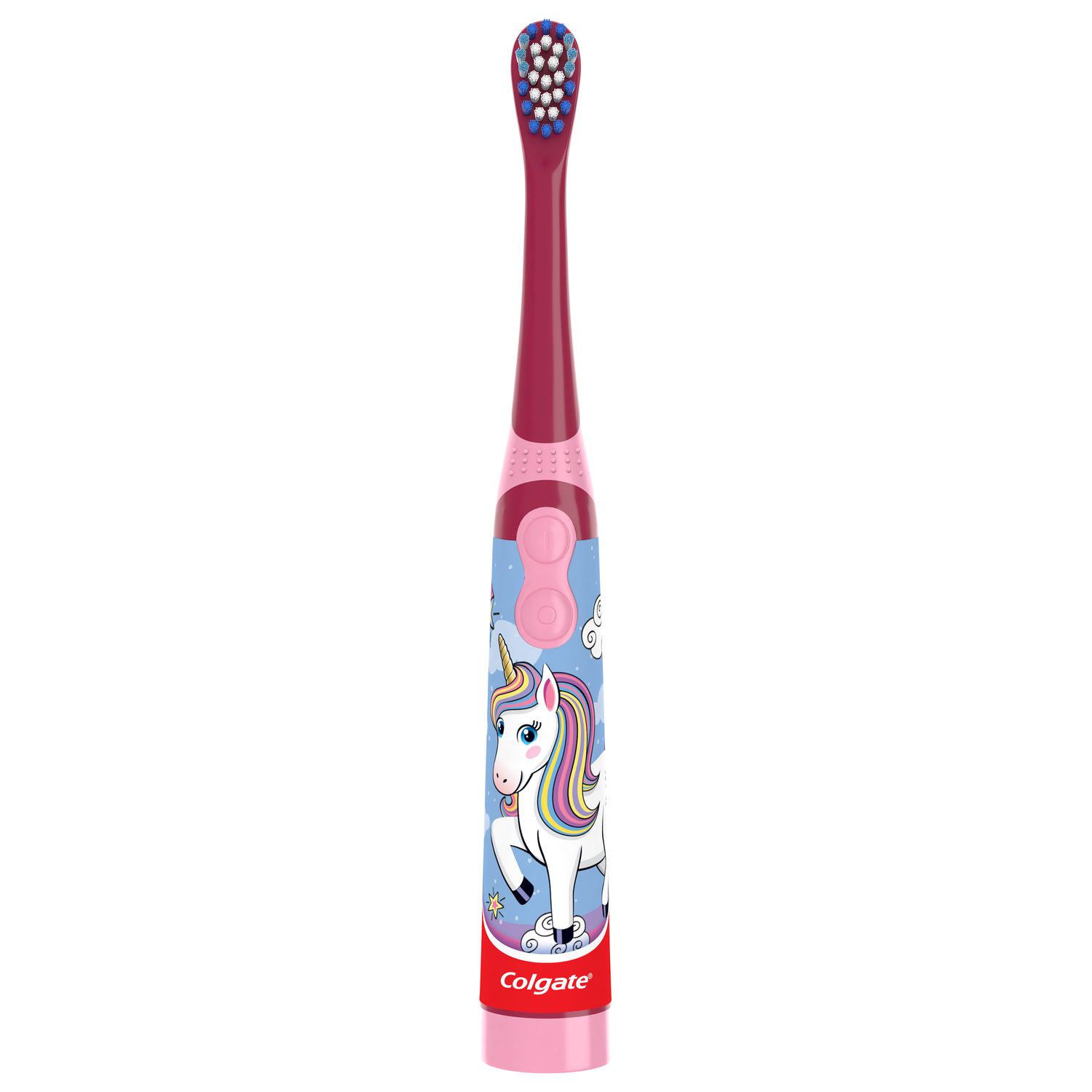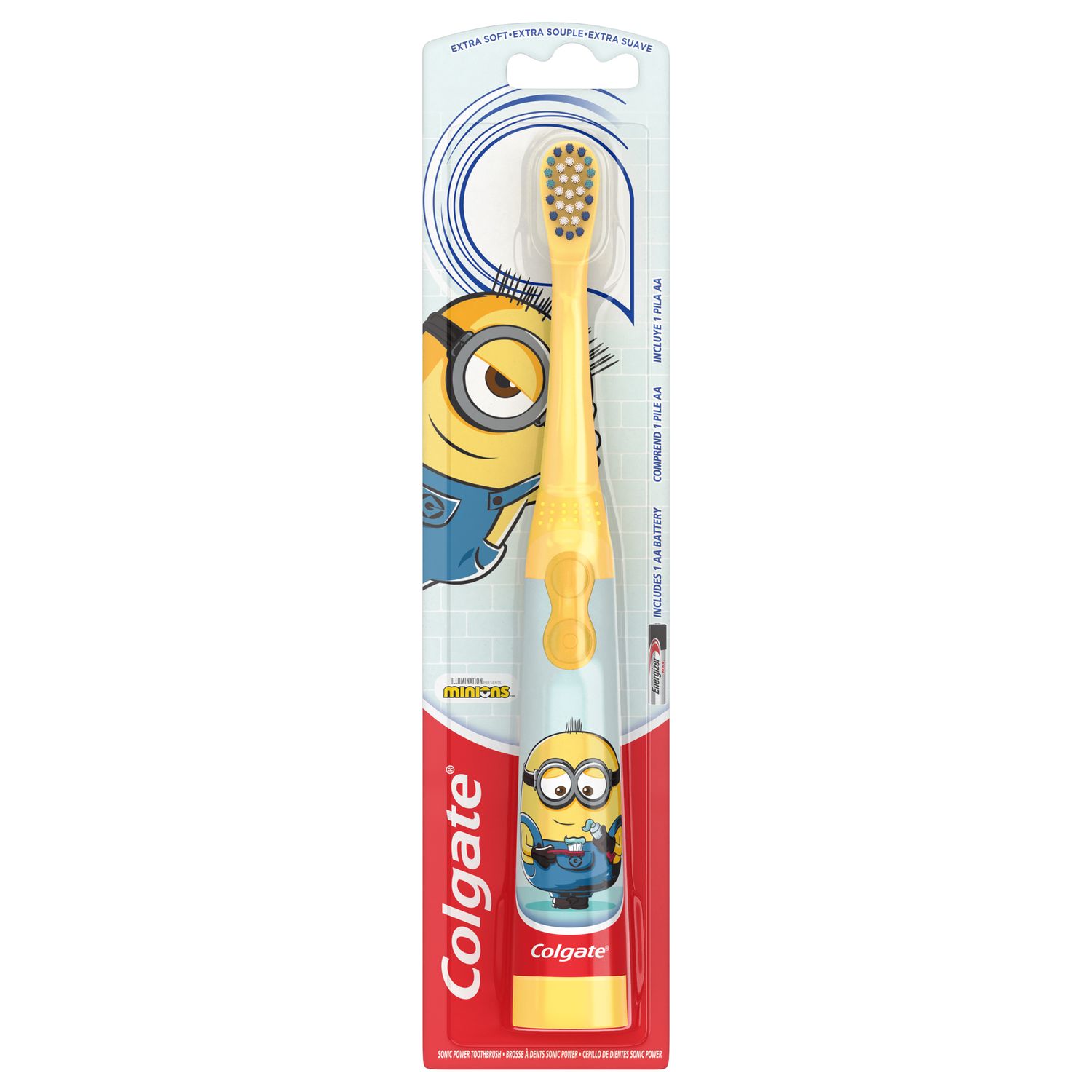What is Tooth Decay?
Tooth decay, also known as dental caries, describes the breakdown of the tooth's hard surface, called enamel. It’s caused by a build-up of bacteria in the mouth, which feed on the sugars in your toddler’s diet. These bacteria create an acidic by-product that pulls minerals from the tooth enamel, causing it to weaken over time. If the enamel continues to break down, a cavity (hole) will form in the enamel. The decay can eventually spread to the dentin layer beneath the enamel, and to the pulp at the center of the tooth.
If dental caries is caught early, before a cavity forms in the enamel, your child’s dentist can take steps to stop and even reverse tooth decay. Once a cavity has formed, reversal is not possible, but your dentist will still be able to prevent further tooth decay from occurring. The earlier toddler tooth decay is caught, the better the outcome for your little one’s smile.
Tooth Decay Prevention
The best ways to prevent tooth decay are good oral hygiene and a healthy diet with limited sugary foods and beverages. Following a balanced diet is one of the first things parents can do to protect their toddler's teeth from tooth decay. Nutritious meals that strike a healthy balance between all the major food groups are always best. When possible, keep sugary drinks and treats to a minimum. When your child eats fewer sugary treats, there is less fuel for the bacteria in their mouth.
How to Treat Tooth Decay in Toddlers
If your toddler is showing signs of tooth decay, you can work with your child's dentist and dental hygienist to develop a unique treatment plan. This might include one or more of these four tools to stop toddler tooth decay in its tracks:
Fluoride.
Sealants.
Good oral hygiene.
Regular professional dental visits.
Fluoride
Fluoride is one of the best defenses against early tooth decay. According to the National Institute of Dental and Craniofacial Research, fluoride can even reverse tooth decay in the early stages. It slows down mineral loss, remineralizing and strengthening enamel. Also, it keeps bacteria in the mouth from producing acid that can wear away the teeth.
You can make sure you and your family are getting an adequate amount of fluoride by drinking fluoridated water. Lots of cities have fluoridated their public water supply. According to the American Dental Association (ADA), drinking water with fluoride reduces children's risk for tooth decay by 20-40%. Another way to protect their teeth is to use a toothpaste that contains fluoride, which helps protect against plaque and tartar build-up. Check out Colgate Kids Toothpastes, or ask your dentist for a recommendation.
Sealants
Sealants are another way to reduce the risk of cavities in toddlers. Those grooves on the biting surfaces of their back teeth are great places for cavity-causing bacteria and plaque to hide. A sealant is a protective coating applied to these grooves – called pits and fissures – to prevent this from happening, limiting your toddler’s tooth decay risk. Ask your child's dentist about sealants at their next check-up.
Oral Hygiene Habits
Brushing your child’s teeth twice a day with a fluoride toothpaste is the most effective way to keep toddler tooth decay at bay. You’ll need to brush for your toddler until they’re old enough to do a thorough job themselves, but you can still get them involved by letting them hold the brush or take a turn. Be sure to thoroughly clean all teeth surfaces, especially the biting surfaces of the back teeth, and make sure your toddler spits out the toothpaste afterwards.
Visit the Dentist
Although following proper oral hygiene practices at home is important, regularly visiting the dentist is essential. Most dental professionals recommend that a child have their first visit to the dentist around their first birthday, and then regular six-monthly check-ups from that point onwards. These check-ups allow your dental professional to catch toddler tooth decay and other problems early, when they can still be easily treated or even reversed.
Tooth decay can lead to oral health issues and overall health issues, but there are ways you can prevent it and reduce it. Teach your toddler how to maintain good oral hygiene habits and visit the dentist regularly. Your child will feel better and have a healthy smile for years to come.
Frequently Asked Questions About Toddler Tooth Decay
Can you reverse toddler tooth decay?
Yes, in some cases. If toddler tooth decay is diagnosed and treated before a cavity has formed in the tooth, your dentist may be able to remineralize the tooth and reverse decay. However, once a cavity has developed, this can’t be reversed.
How do you fix a toddler cavity?
If your toddler has a cavity, your dentist may recommend simply sealing it to prevent it getting worse. When the baby tooth eventually falls out, it will then be replaced by a healthy permanent tooth. Your dentist may also recommend a filing, where the decayed part of the tooth is removed and the tooth is filled with another material. In severe cases, decayed teeth may need to be removed.
Which foods and drinks should be avoided to reduce the risk of toddler tooth decay?
To prevent tooth decay in toddlers, it’s best to limit or avoid foods and drinks that are high in sugar. These include candies, chocolate, cakes, juice and soda.
How can I help my child establish good oral hygiene habits from a young age?
The best way to establish good oral hygiene habits is to start as early as possible – ideally from birth! Cleaning your baby’s gums with a soft, clean cloth "will not only keep their mouth clean, but also get them used to having their oral hygiene tended to. That means an easier transition to toothbrushing and dental visits when the first tooth comes through. By the time your child is a toddler, they’ll already be a pro at oral hygiene!
Oral Care Center articles are reviewed by an oral health medical professional. This information is for educational purposes only. This content is not intended to be a substitute for professional medical advice, diagnosis or treatment. Always seek the advice of your dentist, physician or other qualified healthcare provider.
ORAL HEALTH QUIZ
What's behind your smile?
Take our Oral Health assessment to get the most from your oral care routine
ORAL HEALTH QUIZ
What's behind your smile?
Take our Oral Health assessment to get the most from your oral care routine















